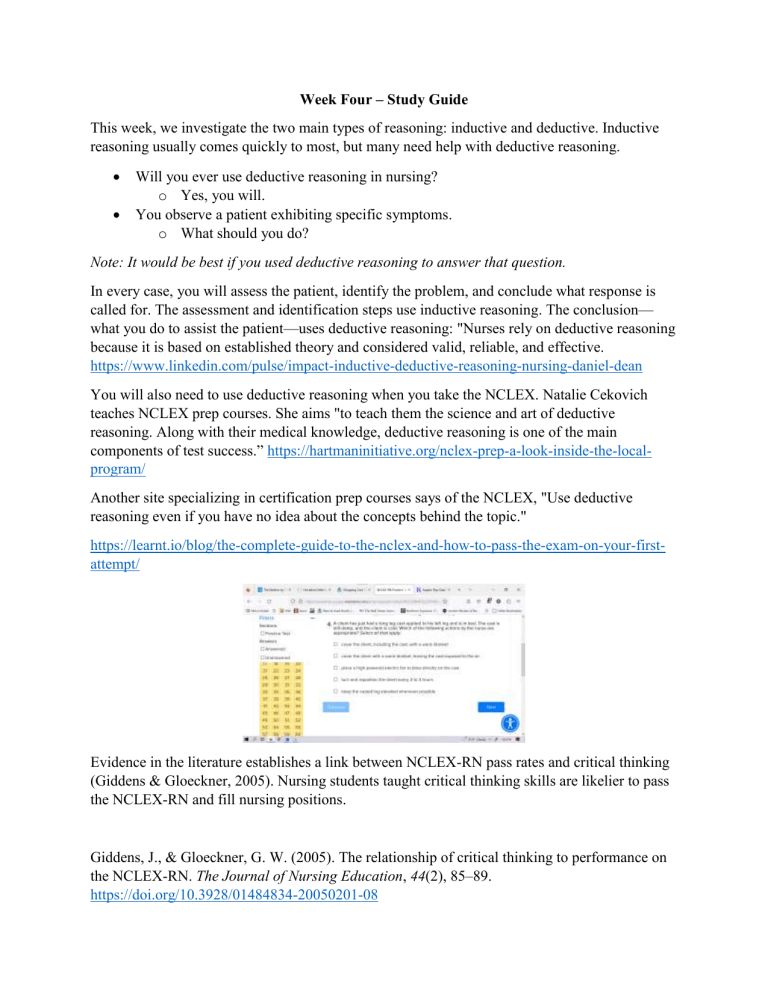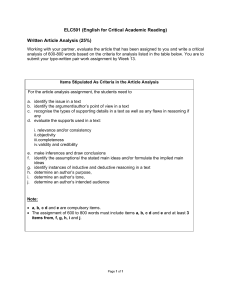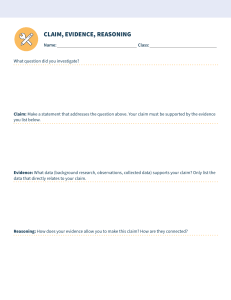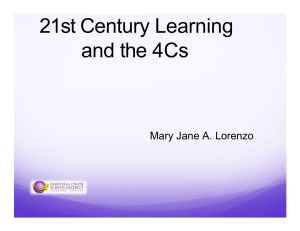
Week Four – Study Guide This week, we investigate the two main types of reasoning: inductive and deductive. Inductive reasoning usually comes quickly to most, but many need help with deductive reasoning. Will you ever use deductive reasoning in nursing? o Yes, you will. You observe a patient exhibiting specific symptoms. o What should you do? Note: It would be best if you used deductive reasoning to answer that question. In every case, you will assess the patient, identify the problem, and conclude what response is called for. The assessment and identification steps use inductive reasoning. The conclusion— what you do to assist the patient—uses deductive reasoning: "Nurses rely on deductive reasoning because it is based on established theory and considered valid, reliable, and effective. https://www.linkedin.com/pulse/impact-inductive-deductive-reasoning-nursing-daniel-dean You will also need to use deductive reasoning when you take the NCLEX. Natalie Cekovich teaches NCLEX prep courses. She aims "to teach them the science and art of deductive reasoning. Along with their medical knowledge, deductive reasoning is one of the main components of test success.” https://hartmaninitiative.org/nclex-prep-a-look-inside-the-localprogram/ Another site specializing in certification prep courses says of the NCLEX, "Use deductive reasoning even if you have no idea about the concepts behind the topic." https://learnt.io/blog/the-complete-guide-to-the-nclex-and-how-to-pass-the-exam-on-your-firstattempt/ Evidence in the literature establishes a link between NCLEX-RN pass rates and critical thinking (Giddens & Gloeckner, 2005). Nursing students taught critical thinking skills are likelier to pass the NCLEX-RN and fill nursing positions. Giddens, J., & Gloeckner, G. W. (2005). The relationship of critical thinking to performance on the NCLEX-RN. The Journal of Nursing Education, 44(2), 85–89. https://doi.org/10.3928/01484834-20050201-08




